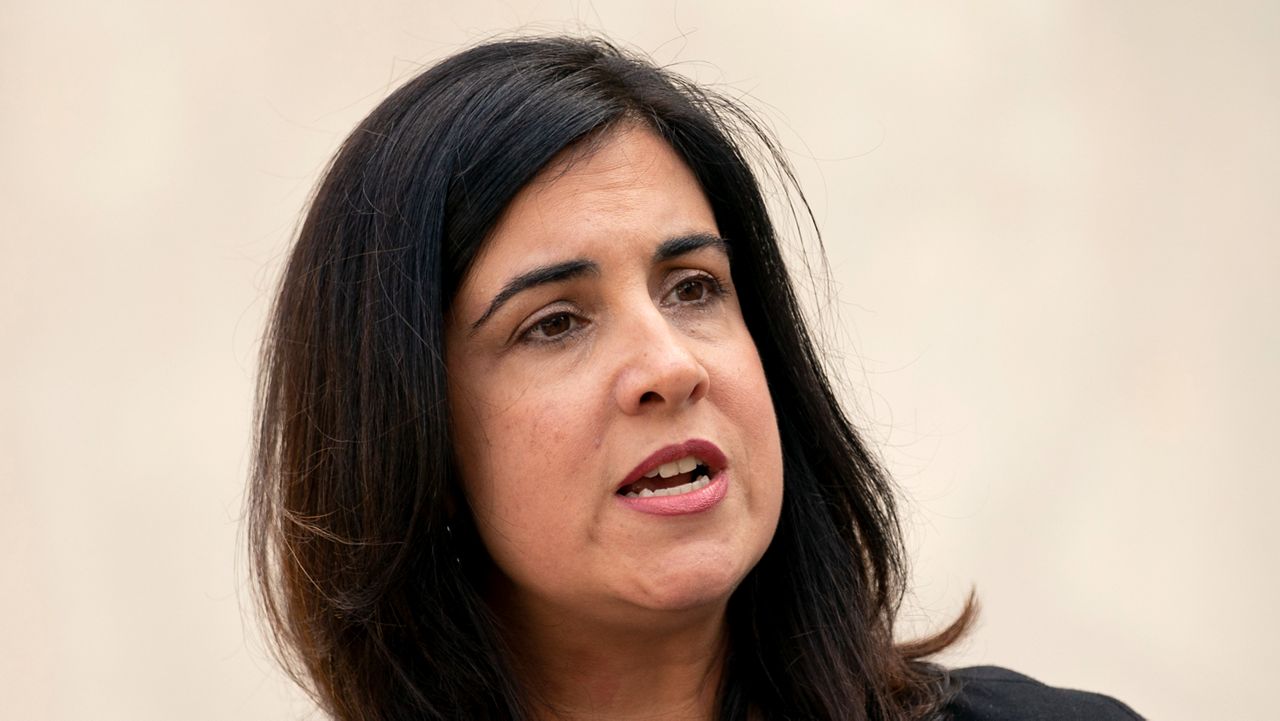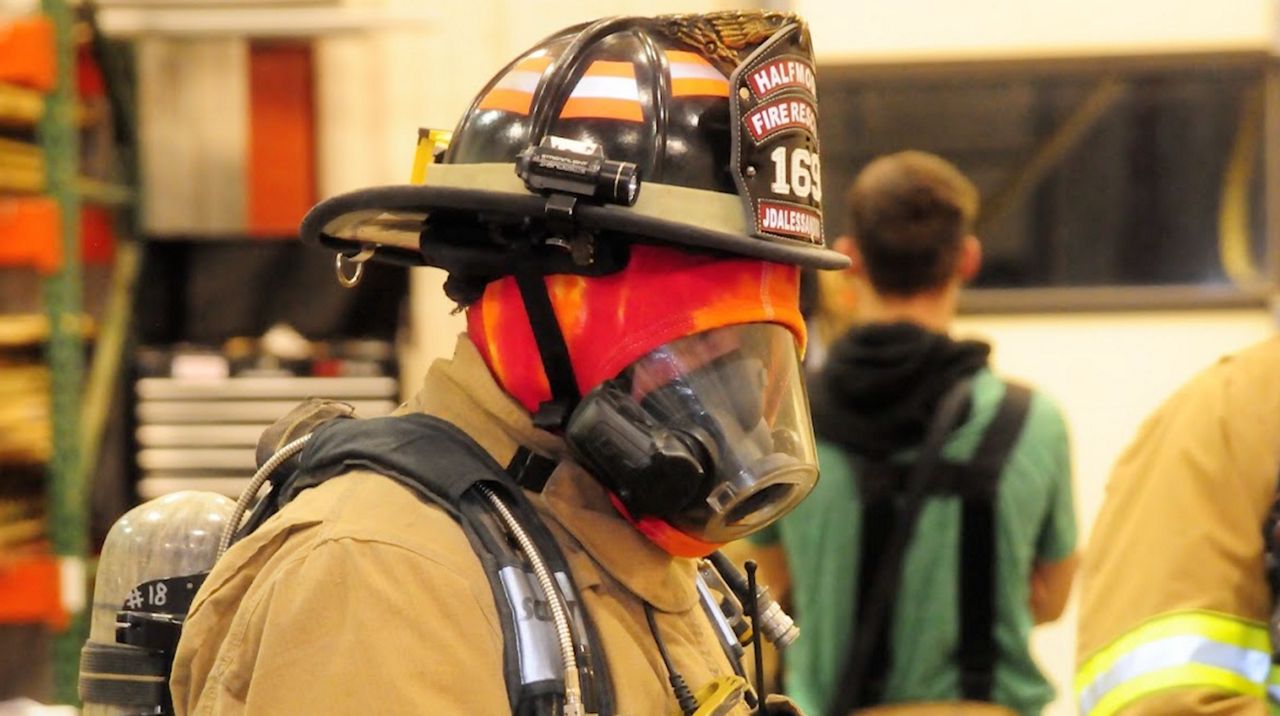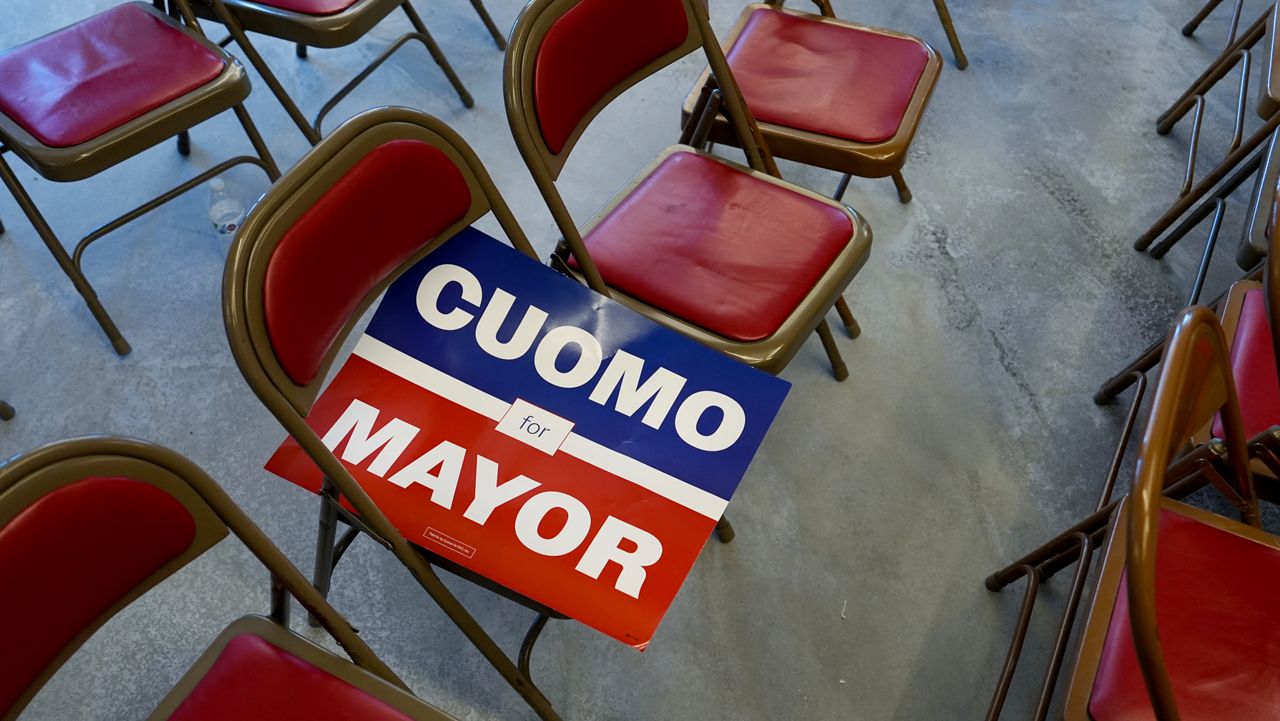The New York City Council on Thursday approved a permanent program for outdoor dining, a move that could change the city’s dining landscape for years to come.
The bill would require restaurants to obtain a license from the city to participate in outdoor dining, with fees based on location and square footage.
Under the bill, “sidewalk cafes,” located on the sidewalks adjacent to restaurant storefronts, would be able to operate all year round, with fees lower than similar licenses before the pandemic.
However, “roadway cafes,” set up either along the curb or in a parking space, would only be allowed to operate from April to the end of November, and would have to be taken down for winter.
Both sidewalk and roadway cafes will be required to use removable materials, and enclosed setups will not be permitted going forward.
Council Member Marjorie Velázquez, the sponsor of the bill, spoke about the proposal on “Mornings On 1” ahead of the vote.
“The world as we knew it before the pandemic limited what outdoor dining was. It made it only available to certain areas of the city, if anything, just Manhattan focused, so very limited, super expensive,” she said. “Now we're thinking about what the future looks like.”
Mayor Eric Adams, who said the bill was introduced in the Council on his behalf, praised the passage of the bill Thursday afternoon, saying the bill “preserves the best parts of the temporary program and eliminates the worst.”
“The temporary program saved 100,000 jobs, kept restaurants afloat during the peak of the pandemic, and brought new energy and excitement to our streets and sidewalks,” Adams said. “But it wasn’t perfect — too many sheds were abandoned and left to rot and too few lived up to our vision of what our streets should look like. And a legal ruling just this week made it even more clear: This is our moment to transition to a permanent program that works for our restaurants, our workers, and our communities."
The bill aims to streamline the process for restaurants to get approved by city agencies, and will more neighborhoods, and restaurants, to be eligible for the program in comparison to a pre-pandemic program.
The Department of Transportation will be in charge of issuing licenses for both sidewalk and roadway cafes, and will establish rules.
Andrew Rigie, executive director of the New York City Hospitality Alliance, also spoke about the bill on “Mornings On 1” on Thursday, saying most restaurant owners support the legislation.
“We need to transition out of the pandemic-era emergency program into this standardized, sustainable program, so people can love and enjoy outdoor dining for many years to come,” Rigie said.
“This bill that’s being voted on today is so much better than the sidewalk cafe law we had pre-pandemic, and I can give you a couple of different reasons why, but we need to understand this is so much better than where we were, and it’s going to be great for small businesses, for jobs, for people that love dining alfresco,” he added.
However, some lawmakers still see concerns.
“Manhattan has something called commercial rent tax from Murray to 96th Street. It’s added on to every small business that makes over a certain amount in terms of its revenue,” City Council member Gale Brewer said. “I would like to have the fees of Manhattan restaurants assessed, looked at.”
Other lawmakers said the legislation fails to provide a quality outdoor dining experience for New Yorkers.
“We should be allowing for a permanent year around program and we should allow restaurant-goers to have a better experience sitting in the street than just a table and chairs. And unfortunately that is where we landed,” City Council member Lincoln Restler, who voted against the bill, said.
Some neighborhood groups have also been opposed to the outdoor dining program. They sued the city, and this week a Supreme Court judge struck down the emergency orders that had allowed outdoor dining to persist.
Local residents fear that issues of cleanliness, noise and other public safety issues would only increase under the new program.
“During the pandemic, there were seven sheds on our block, only one block long. And when they went to full operating, it was just so crowded and so much noise and grime and dirt and so many problems in the neighborhood,” Leif Arntzen, a member of the advocacy group CueUp, said.
Local residents say not enough studying on the impact to communities was done before the city finalized the program.








_PKG_Dems_City_Comptroller_Race_CLEAN_1)
